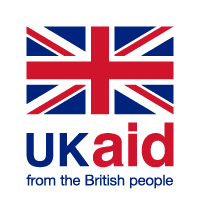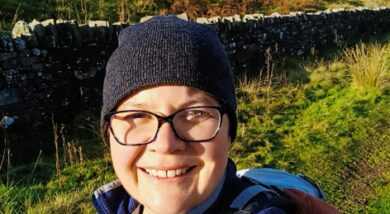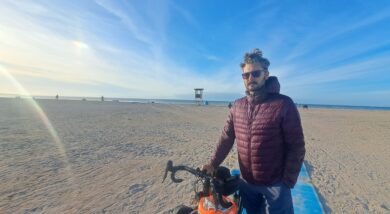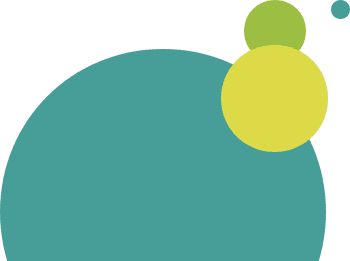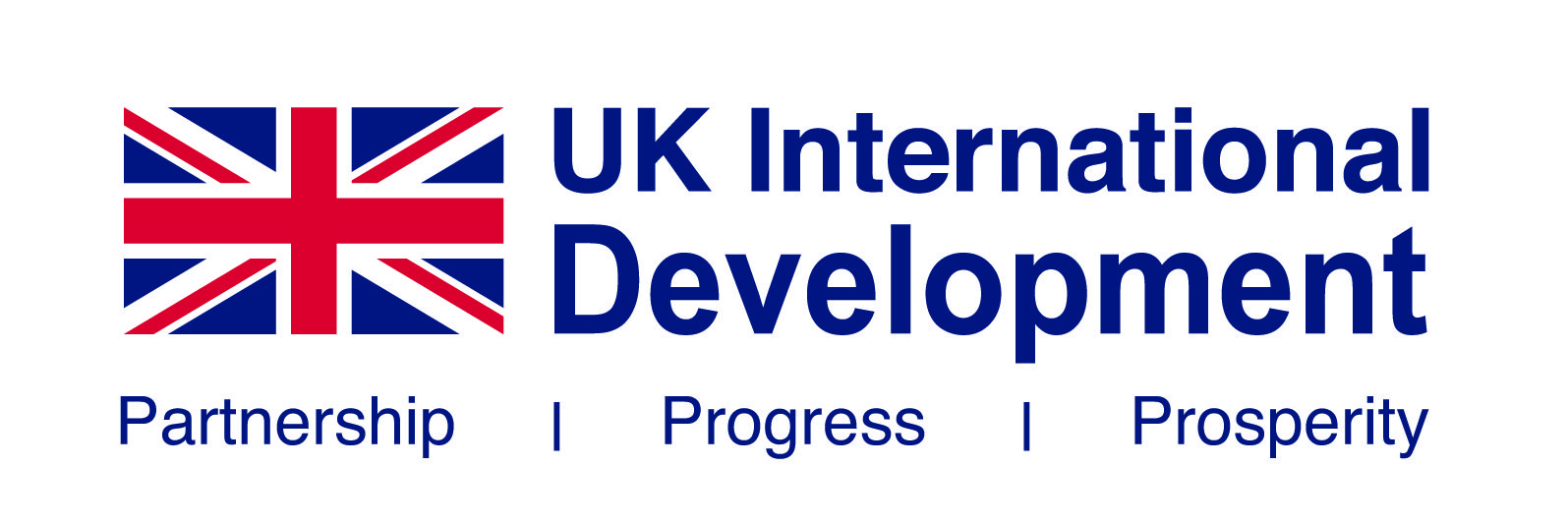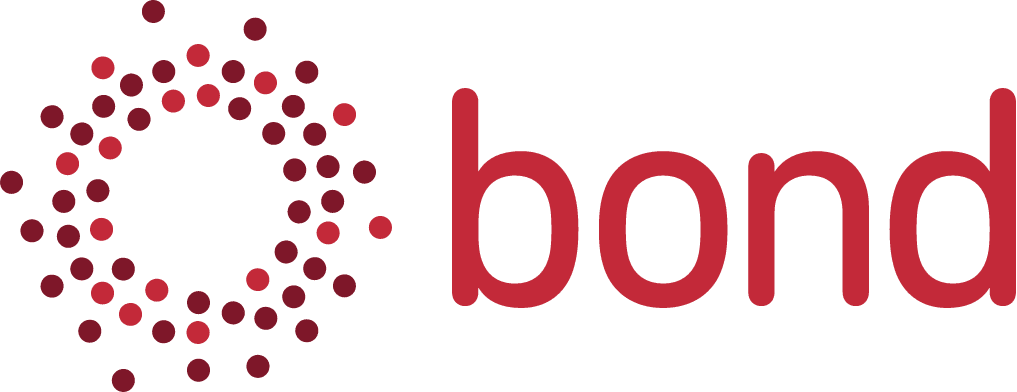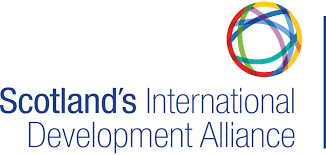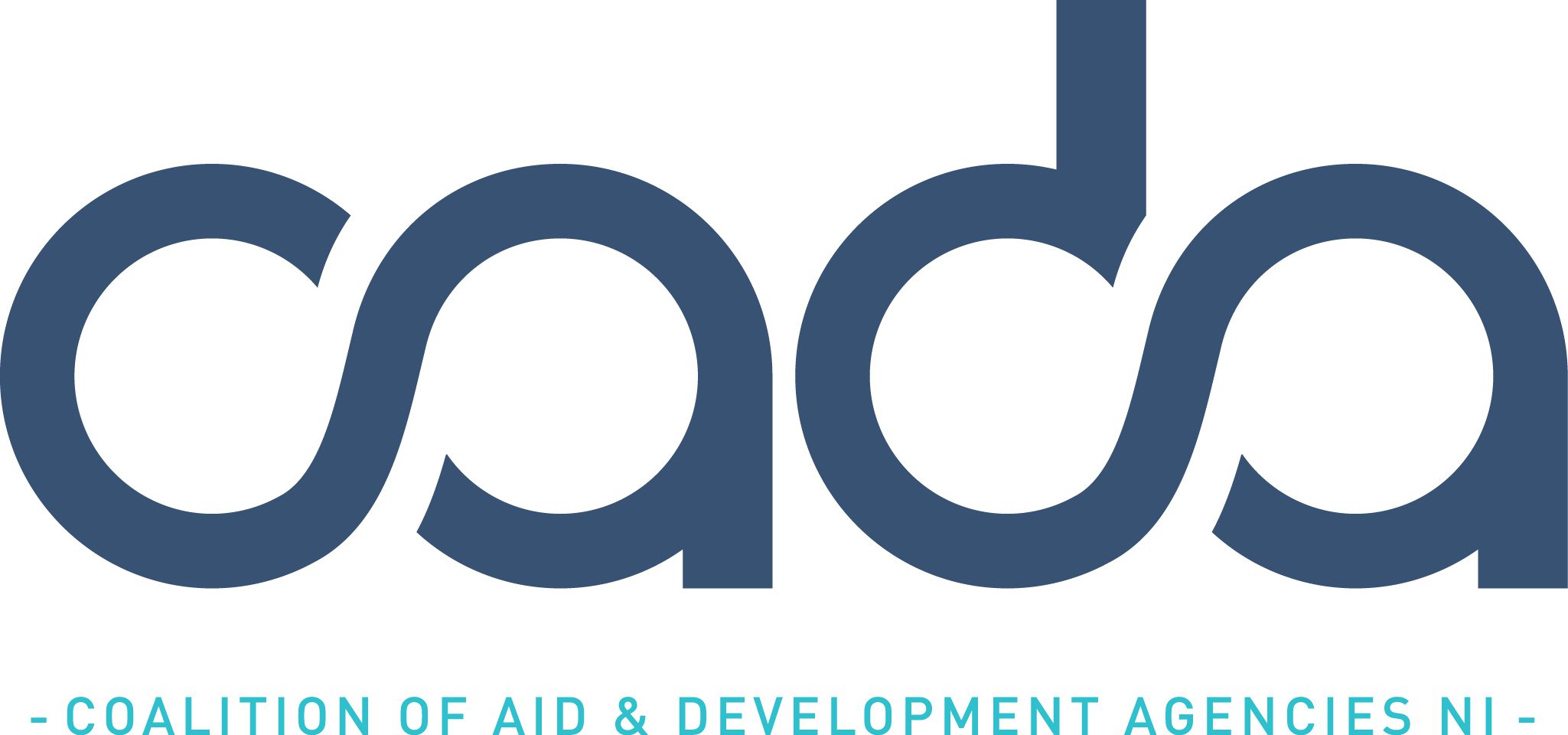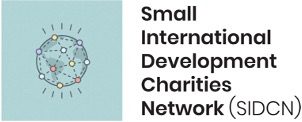14 August 2024
Career Journeys Blog Series #2 – Marlene Kawira
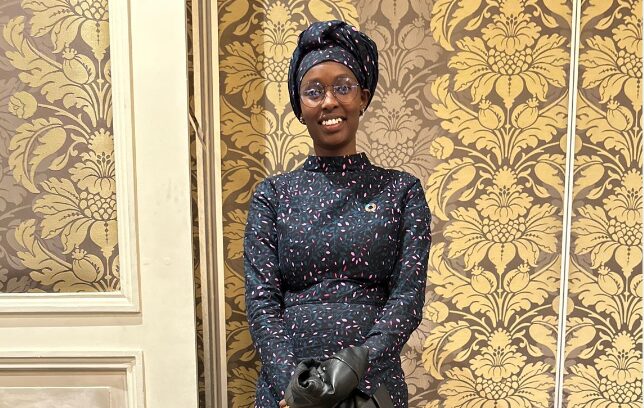
We hope you enjoy this blog full of wisdom and career insights from Marlene Kawira Kinyua- Creative Humanitarian, Founder of Hello MEARL and Afrikala Art, Content creator with Lead Like a Feminist and much more! Thank you for sharing your story with SWIDN for the second in our blog series on Career Journeys…..
What first interested you about working in the international development/global solidarity sector?
What interests me most about development work is being able to help people attain their full potential and become sustainable change agents to make tomorrow a better place. From a young age, I knew I wanted to help people, but I initially thought that charity and development organizations were the domain of rich individuals. Growing up in a low-income community in Nairobi’s Eastlands area, I experienced significant hardship early on, losing both my parents by the age of 10 and being raised by relatives. My journey began with a desire to support fellow orphans, giving them hope in challenging environments.
As I grew older, my desire to help people grew as well and I explored various career paths over time. I once considered becoming a doctor or nurse, but working in a hospital would have been emotionally overwhelming. As an empath, I have always felt a strong urge to offer comfort and reassurance, which led me to realise that a hospital setting wasn’t the right fit for me for many reasons.
At 14, while still in high school, I became a peer counsellor to learn more about supporting those in difficult times. This experience solidified my commitment to helping others. After high school, I pursued a Bachelor of Science in Community Development at university, where I found my true passion. I loved designing projects and studying various aspects of psychology, including family, children, adolescents, and community psychology. It became clear to me that my place was in the development world.
Despite the economic and personal challenges I faced, I completed my degree and embarked on my career. In Kenya, securing a stable job and finding opportunities to be one’s authentic self can be difficult, particularly with the high rate of youth unemployment. Nevertheless, I’ve always strived to contribute where I can. I realised that many local organisations struggled with capacity issues, but my diverse skill set has allowed me to help a number of them design and implement impactful programmes that align with their resources without causing strain.
Can you tell us more about your previous roles and how you moved between them- i.e. what led you to move roles each time?
I started my career with internships and volunteer work, as many do. The development sector in low and middle-income countries can be challenging, particularly if you lack strong networks or resources. Many multinationals and NGOs don’t offer paid internships or volunteer positions, making it tough to secure stable economic opportunities. For me, it took around 5-6 years of consistent volunteering and work to get closer to a financially stable position.
There were moments when I nearly gave up and considered finding any job that would provide some income, no matter how modest. However, volunteering had its advantages; it exposed me to a wide range of tasks and allowed me to learn and grow. I focused primarily on Monitoring, Evaluation, Accountability, and Learning (MEAL) and communications. My work in photography and storytelling since 2015 helped me understand the importance of bringing dignity to community partners while assisting organisations in meeting their goals.
After a few years, I felt I had built a solid track record and sought global volunteering opportunities that provided logistical support. In 2020, when COVID-19 hit, it felt like everything came to a halt. I lost my stable volunteer role as a Program Manager and MEAL Advisor, and we had to close a significant program that supported thousands of widows and orphans. This was a devastating blow, compounded by personal challenges.
In October 2020, while grappling with near depression, I used my modest savings to start Afrikala Art. I wanted to create a space for people to support each other and offer our communication skills to those in need. Despite struggling with imposter syndrome, I found that focusing on building something meaningful and helping others led to unexpected opportunities.
As I put my services out there, opportunities began to emerge. Engaging with others in the sector, studying, and upskilling opened new doors. Eventually, I began training other professionals and consulting on MEAL systems. This led me to establish Hello MEARL, a consultancy aimed at simplifying Monitoring, Evaluation, Accountability, Research, and Learning for small organisations and those seeking to make their MEAL systems more inclusive. Since then, I have evaluated numerous projects and helped organisations design inclusive MEAL systems and communication strategies.
Have you had any work experiences that didn’t seem relevant to the sector but which helped you get into international development roles later on? Have you had any experiences outside of work that have later been useful/relevant in your working life?
I’ve had a few work experiences outside the international development sector that, while not directly related, have significantly contributed to my career in this field. For instance, I worked as a Service Manager in a restaurant and as an Executive Administrative Assistant in the corporate world. Neither role lasted more than six months because they did not align with my passion and became overwhelming.
Despite their short duration, these roles provided valuable lessons. As a Service Manager, I streamlined operations and improved efficiency and income, contributing to the restaurant’s success before it closed shortly after I was
dismissed for advocating better pay and working conditions for employees. In the corporate world, I experienced a toxic work culture that made me realise the importance of a healthy work environment. I resigned after the recent loss of my grandmother, as the team did not understand how it was affecting me psychologically. Additionally, there was inappropriate behaviour from male managers at higher levels, and the HR department did little to address these issues, as they were not covered in our work policy.
Both positions honed my people management skills and taught me the importance of efficient processes, effective communication, and proper resource allocation.
These experiences, though seemingly unrelated, equipped me with skills that are highly relevant to international development. They helped me understand how to manage teams, optimise workflows, and allocate resources effectively—skills that are crucial in the development sector. They also made me realise that I belong in the development world where my skills, technical expertise and experiences are much needed to help facilitate better livelihoods and change.
What has most surprised you about working in this sector?
What has most surprised me about working in this sector is the dual nature of the experience. Much like there are two sides to every coin, the sector reveals both positive and challenging aspects. On one hand, you encounter people with a range of different values and expectations. Some may be there for various reasons, or simply because they were placed in their roles by others. You might face difficulties with individuals who are challenging to work with, encounter idea thieves, or deal with those who might even jeopardise your position because of their influence, simply because you are good at what you do and how you do it.
On the other hand, there are wonderful people with admirable qualities who provide opportunities for you to be your best self, innovate, and excel while they complement your efforts and support you accordingly with a good team spirit. These individuals understand the importance of collaboration and offer support that motivates you to go beyond your limits, sometimes leading to additional opportunities along the way. Recognising these dynamics helps you remain versatile, allowing you to excel without compromising your character or mental health.
What have been the key moments in your career that led to unexpected experiences and roles?
One key moment in my career that led to unexpected experiences was being headhunted as a consultant while I was volunteering. I didn’t initially realise the impact of my work, but this recognition opened up new opportunities for me. While volunteering as an Impact and Communications specialist at Raising
Futures Kenya, I met the founder of Fair Collective. This connection led to further collaborations and significantly influenced my career trajectory.
These experiences revealed my aptitude for consultancy and collaboration, enabling me to assist numerous organisations. This period of growth coincided with the founding of Afrikala Art in 2020, a social enterprise dedicated to championing mental health and creativity among children and young people. Both my consultancy work and Afrikala Art have been integral to my personal and professional development, shaping my journey in ways I had not anticipated.
Since then I have been growing, working with former Irise International CEO Emily Wilson on the Lead Like a Feminist podcast has greatly contributed to my journey in feminist leadership. Sharing and gathering insights from other feminist leaders has been invaluable for both professional and personal growth. Additionally, representing Global Majority countries at the Small International Development Charities Network (SIDCN) as the Amplify Lead Trustee has provided me with opportunities to tell stories of change and amplify the voices of those working in Global Majority countries. These roles have been significant in my journey, and with my new consultancy, Hello MEARL, I am embracing the future with an open mind.
Have you always had a clear picture of what you would like to achieve in your career, or has it changed as your job roles/circumstances have changed?
Even the world is changing every day. The weather changes constantly, and change doesn’t mean you’ve abandoned the mission of wanting a better tomorrow. Your attitude evolves, and you start thinking about how your skill set can be used to help more people. As I improve at something, I become more eager to share it with others, which helps me learn and achieve new things in the process. A career path is never a straight line; it has its highs and lows. There are opportunities you might want that may never come your way, but better opportunities for growth often find you on your path. At times, I have achieved set goals and had to reinvent myself and develop broader goals. The more I learn, the more I grow and adapt.
What is your favourite thing about your current role?
As a consultant, my favourite thing is helping organisations co-design more inclusive programmes and MEARL systems that streamline their processes and communications. In other cases, it is assisting organisations in telling their stories or engaging their audiences and targets. At times, it involves helping organisations view their impact from diverse stakeholder perspectives. As a founder, my favourite aspect is leading others towards an ever-growing mission to make mental health and creativity inclusive and a priority among young people and children, while incorporating feminist leadership principles into daily work and programming.
What attributes do you think it is important to have when working in international development?
The list is long, but I believe integrity, honesty, and inclusivity are key attributes. It’s important to be genuine in what you do and how you do it for those in need, regardless of their age, gender, race, beliefs, religion, class, or any other stereotypical notions. Being fair and creating conducive environments where others can excel and be their best selves is essential.
What has been the most valuable career advice you have received? (and who gave this advice?)
“You have to love what you do so that you can be your best self while at it otherwise, it will consume you and you will just be miserable in the pursuit of money and probably spend it all regaining yourself.” – Wayne Brandon, Admin at Afrikala Art, a great human.
What advice would you give to young people or recent graduates looking to gain experience in international development? Is there anything you would suggest to those who perhaps don’t have the resources to volunteer for long periods of time/ go overseas to volunteer?
Start at home, start where you are, and start close to your own community. Support causes that resonate with you. Begin small with what you have—volunteer some hours, a day, or a weekend. Learn and remain open to learning continuously. Genuinely commit to the path, be your best while doing it, and resources will find you along your journey. Don’t be afraid to help people even if you don’t have resources; your ideas might attract the resources they need. The right people will find you on your journey, and before you know it, you will be in a place you can be proud of.
If you are a SWIDN member who would be interested in sharing your career journey with us, get in touch with Emma at info@swidn.org.uk.

